Keywords: Economic Transitions
-

INTERNATIONAL
- David Halliday
- 13 December 2024
In 2024, a fifth of Americans reported having no close friends, and the number is growing, especially among those without college degrees. So what are the societal structures behind this crisis in loneliness, and how we can rebuild meaningful connections?
READ MORE 
-

ECONOMICS
- David James
- 11 December 2024
BlackRock CEO Larry Fink predicts AI and shrinking populations will bring higher living standards without growth. But his optimism overlooks a critical flaw: conflating productivity, efficiency, and the true cost of 'growth.' With economic foundations shifting, the future demands a radical rethinking of capitalism’s purpose and the systems driving it.
READ MORE
-

ECONOMICS
- David James
- 10 September 2024
2 Comments
As continued high interest rates and stagnant incomes put a strain on households, leading more Australians give up on the dream of home ownership, government attempts to manage both the cost of living crisis and the housing crisis may be doing too little too late.
READ MORE
-
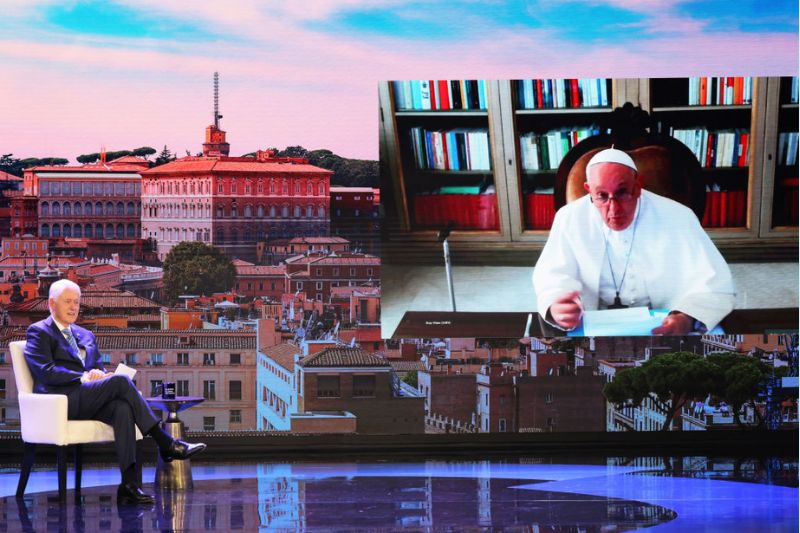
ENVIRONMENT
- Stephen Minas
- 07 February 2024
Recently Pope Francis’ approach is to speak in direct – sometimes blunt – terms about the shortcomings of climate action in recent years, suggesting that we need a system of climate justice that is not built on the backs of the poor.
READ MORE
-

AUSTRALIA
- Barry Gittins
- 18 January 2024
1 Comment
It’s that time of year when futurists and prophets play fast and loose, projecting visions rife with both promise and peril, weighing the possible against the improbable. As we contemplate competing pictures of the future, although every forecast risks missing the mark, one thing is certain: 2024 won’t be a year for the faint-hearted.
READ MORE
-
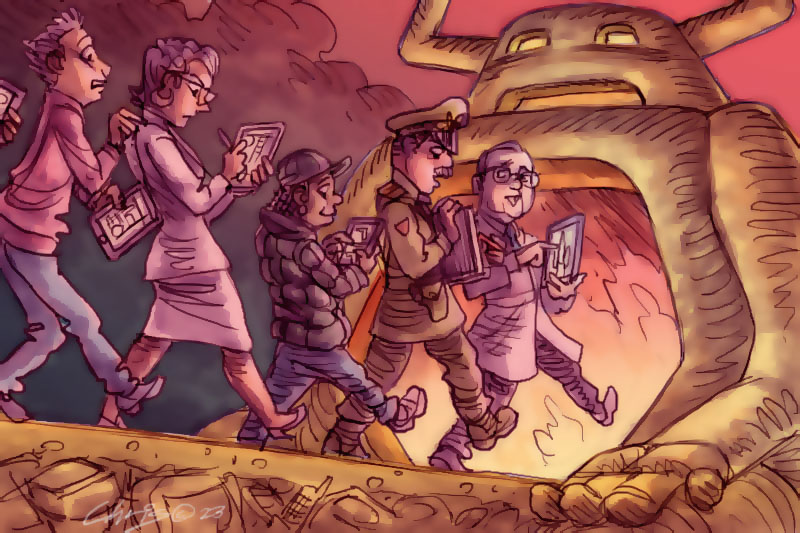
ECONOMICS
- Daniel Simons
- 14 September 2023
In a world increasingly governed by algorithms and AI, the ancient deity Moloch emerges as a haunting metaphor for our tech-driven sacrifices. Drawing parallels from historic rituals to present-day digital dynamics, ancient fears offer insight into today's most pressing existential challenges.
READ MORE
-
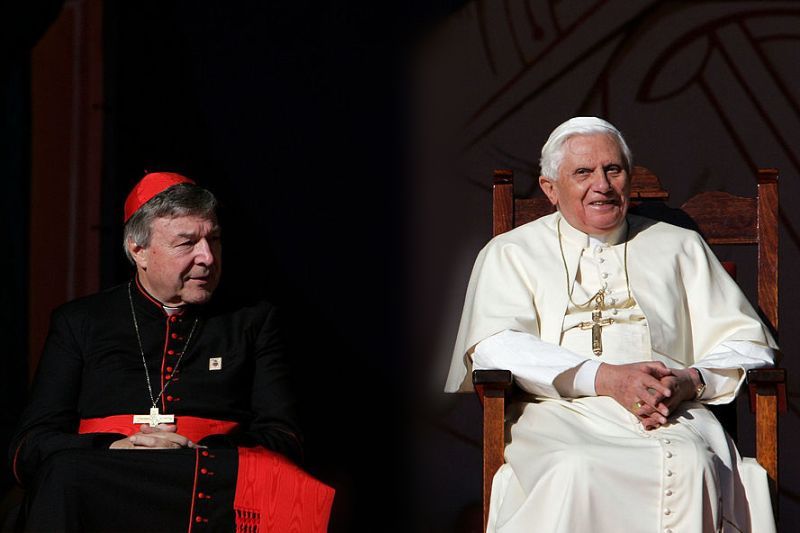
RELIGION
- Michael McVeigh
- 17 January 2023
11 Comments
The two Catholic leaders who passed away this summer both lived in the public spotlight for much of their lives, but they also each lived a private life of which we only ever gained glimpses. Those of us who didn’t know them tend to fill in the details based on which aspects of their public persona best align with our own attitudes.
READ MORE
-
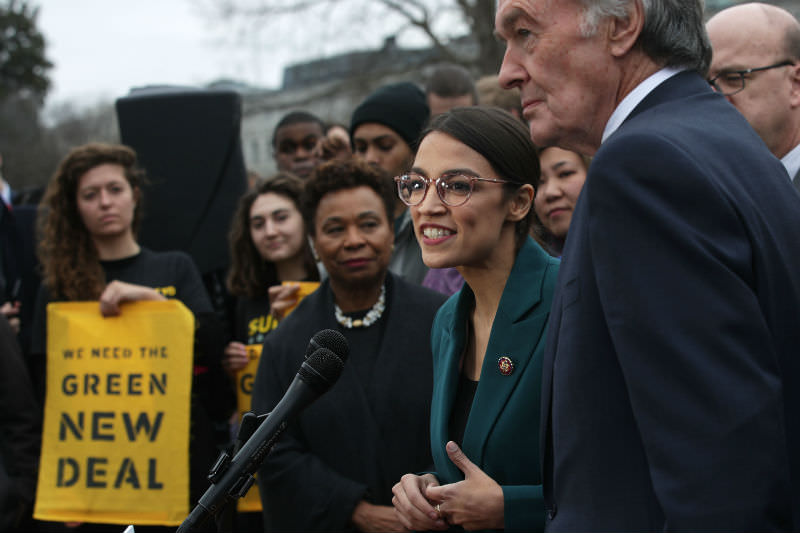
ENVIRONMENT
- Osmond Chiu
- 11 February 2019
14 Comments
Just as the focus of post-war reconstruction was not merely demobilisation but the maintenance of full employment, developing social security and economic development, decarbonising Australia must involve rebuilding faith that politics can deliver a better Australia. We need to ensure our response leads to a good society.
READ MORE 
-

ENVIRONMENT
- Greg Foyster
- 17 August 2017
9 Comments
In the last few years, vested interests have changed their strategy for opposing action on climate change. Where they once focused on denying the problem, they’re now putting their efforts into sabotaging the solutions. Instead of funding fake experts to say the ‘science isn’t settled’, fossil fuel companies and their political backers have been running a smear campaign against renewable energy technologies like wind turbines, solar panels and batteries.
READ MORE 
-
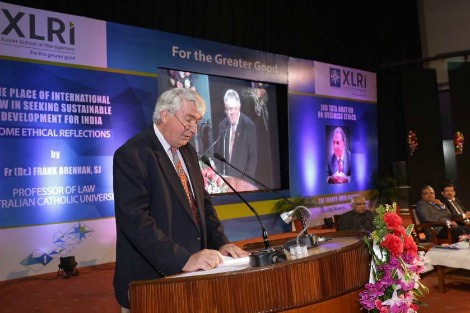
ENVIRONMENT
- Frank Brennan
- 02 December 2016
9 Comments
Neither India nor Australia can go it alone when confronting a global issue such as climate change. India cannot disregard the effects on other nations when it adopts laws and policies for alleviating the poverty of the poorest of the poor. Australia cannot disregard the effects on other nations when it considers restricting the availability of resources for export such as coal which might help provide electricity for the world's poorest citizens.
READ MORE 
-

ENVIRONMENT
- Frank Brennan
- 28 November 2016
'No matter what the economic, political and legal problems confronted by modern day India, our response can be improved by an application of the key principles and norms developed in the international law of trade and human rights, helping to enunciate the realm of law, regulation and political accountability, enhancing public scrutiny providing the right environment for doing business.' Frank Brennan presents the 25th JRD Tata Oration, Xavier School of Management, Jamshedpur, India, 26 November 2016.
READ MORE
-
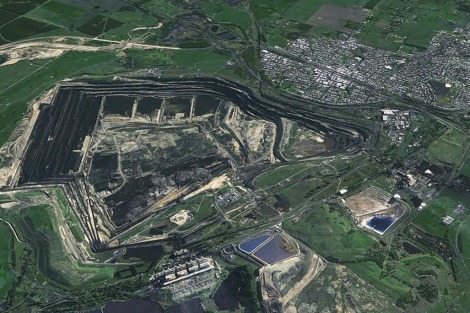
ENVIRONMENT
- Jarni Blakkarly
- 09 November 2016
4 Comments
The death-knell was sounding for Hazelwood long before the announced closure last week. The 50 year old power plant is one of the country's oldest and most inefficient, making it extremely vulnerable to the lower electricity price and supply surplus. As the most polluting power plant per unit of energy produced in the industrialised world, many will be glad to see the power station go. But its closure also flags a rising dilemma, over who bears the cost of the transition to clean energy.
READ MORE 